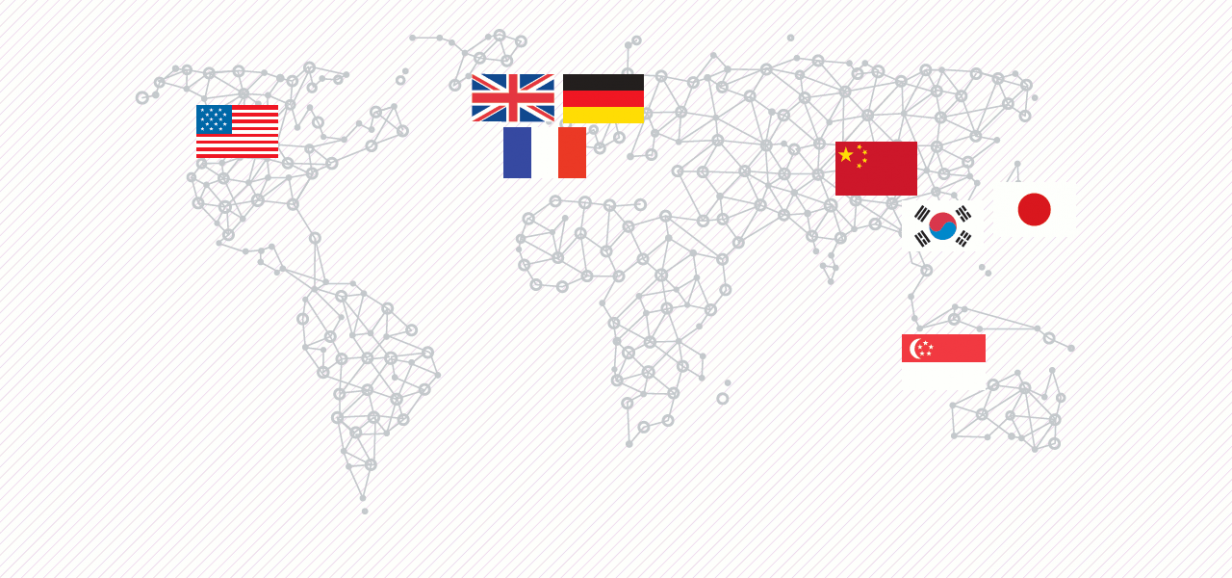
Competitive Response by Nations and Lessons Learnt
INDUSTRY4WRD : NATIONAL POLICY ON INDUSTRY 4.0
This article was first published by Ministry of International Trade and Industry (MITI) 2018.
Recognising the importance of the transformation of the manufacturing industry to their industrial future state, many countries have launched Industry 4.0 related policies and programmes to support the research, development and deployment of Industry 4.0 technologies and processes at their local manufacturers.
It is critical for Malaysia to learn from these experiences and move fast in its own Industry 4.0 adoption to not fall behind
Several of the global and leading manufacturing countries have already embarked on their Industry 4.0 transformation and are in advanced stages of implementation, eg. Germany, the US, the UK, China and Republic of Korea. It is critical for Malaysia to learn from these experiences and move fast in its own Industry 4.0 adoption to not fall behind in its global manufacturing position.
We can draw the following lessons from the experiences of other countries in charting the transformation to Industry 4.0 :
- Set high aspirations: Setting right aspirations is critical to drive outcomes. Policymakers should have clear, actionable, targeted and impactful objectives for Industry 4.0 strategy. This helps bring the right attention and act as an inspiration for the country.
- Ensure the right level of focus: With such ambitious nationwide programmes, it is easy to get too narrowly focused on a few sub-sectors on one hand or being too broad on the other. Balanced coverage of sectors and technologies is critical. At the policy level, the focus should be on building an enabling environment to encourage innovation and adoption in priority sectors.
- Pay attention to enablers: Enablers such as infrastructure, funding, skills and technology create a fertile ground to encourage innovation and kickstart a virtuous, self-sustaining ecosystem. Policymakers need to tailor emphasis to the current realities of their country.
- Include SMEs: Industry 4.0 technologies present both opportunities and risks for SMEs. Thus, an inclusive programme is required to ensure that SMEs can make the transformation to more advanced manufacturing processes or risk being left behind. More importantly, Industry 4.0 provides an opportunity for the small companies of today to become giants of tomorrow.
- Provide access to funding: Availability of capital and incentives from the beginning ensures that Industry 4.0 programmes have a solid start in the country. Funding and incentives should be directed towards both R&D and adoption of these technologies in the manufacturing process.
- Implement from the top: Industry 4.0 is expected to have far reaching impact across industries, societies and the broader economy. Thus, it is not a domain of any one Government department or agency. Governance for such initiatives should be initiated at the top most level in the country, with emphasis on strong cross-ministerial and agency collaboration.